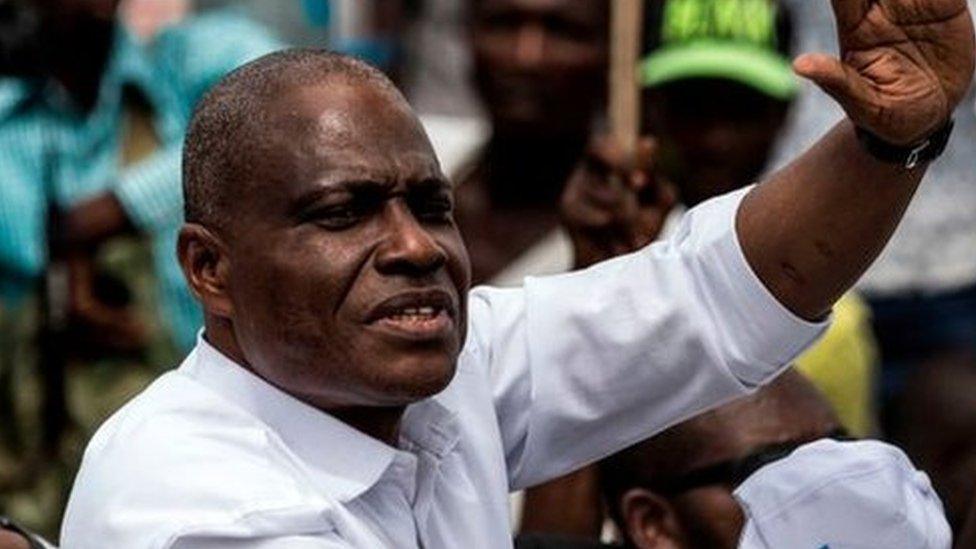DR Congo result delay: Voters 'must be patient'
- Published
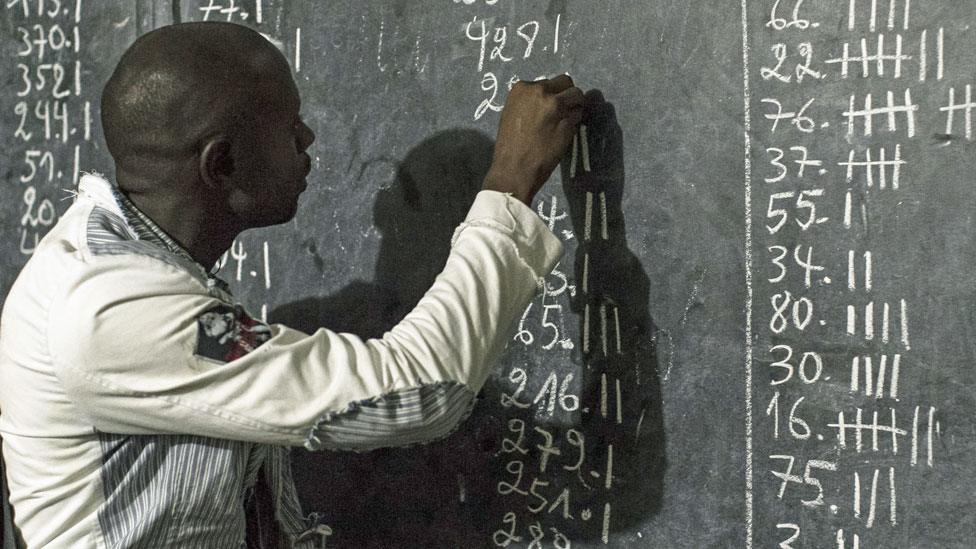
It remains unclear when the results will be announced
Voters awaiting the results of last Sunday's presidential poll in the Democratic Republic of Congo need to be patient, the electoral commission says.
So far 53% of votes from the country's 75,000 polling stations had been counted, the electoral commission chief Corneille Nangaa told journalists.
Results had initially been expected this Sunday.
The influential Catholic Church, which fielded thousands of observers, said on Thursday there was a clear winner.
Joseph Kabila is stepping down after 18 years as president of DR Congo - the world's leading producer of cobalt, used to power mobile phones and electric cars.
He has promised that the polls, which were supposed to have taken place two years ago, will be DR Congo's first orderly transfer of power since it gained independence from Belgium in 1960.

Why DR Congo matters:

His preferred successor, Emmanuel Shadary, a former interior minister, is facing strong opposition from ex-oil tycoon Martin Fayulu and Felix Tshisekedi, son of a veteran opposition leader.
Mr Nangaa gave no date for when provisional or final results would emerge.
On Friday, US President Donald Trump announced that 80 troops had been sent to nearby Gabon because of the "possibility that violent demonstrations may occur" following DR Congo's vote, external.
They would be deployed if needed to protect US citizens and diplomatic facilities in DR Congo's capital, Kinshasa, he said.
Media crackdown
After last Sunday's vote the internet and text-messaging services were shut down nationwide.
Why are people in mineral-rich DR Congo among the world's poorest?
The government said the move was necessary to guard against the spread of unofficial results.
The authorities have also blocked Canal Congo Television, a station owned by ex-rebel leader and opposition politician Jean-Pierre Bemba, and international broadcaster Radio France International.
Both were accused of broadcasting election results ahead of an official announcement.
Mr Bemba, who was barred from from running for the presidency, is backing Mr Fayulu in the presidential race.

Who is running for president?
There are 21 candidates, but three frontrunners:

Martin Fayulu: The ex-oil tycoon - worked for Exxon Mobil for 20 years and entered politics in 2006. He is known as the "people's soldier" for leading protests against President Kabila.

Emmanuel Shadary: Kabila's 'hardline' choice - an ex-interior minister who is under EU sanctions for alleged human rights violations in deadly crackdowns on protests. His ruthless reputation has earned him the nickname "Make It Happen".

Felix Tshisekedi: The man trying to outdo his father - son of late veteran opposition leader Etienne Tshisekedi, he has promised to make the fight against poverty his priority. Backed out of an opposition deal to have a unity candidate and ran on his own ticket with the backing of politician Vital Kamerhe.

What's the background?
Mr Kabila took over from his assassinated father Laurent in 2001. He was elected in 2006, and secured another term in controversial elections in 2011.
He was barred from running for another term under the constitution, and was supposed to step down two years ago, but the election was postponed after the electoral commission said it needed more time to register voters.
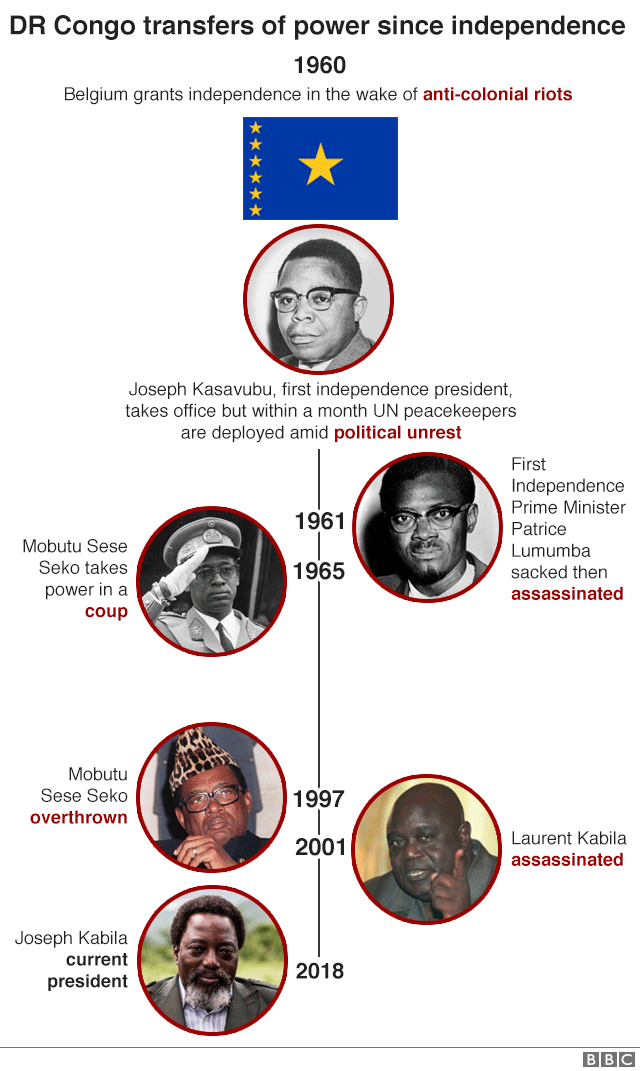
The decision triggered violent clashes, as the opposition accused Mr Kabila of trying to cling on to power.
DR Congo, which is about the size of western Europe and has had a peacekeeping force in the country for nearly 20 years, has poor infrastructure which has presented logistical challenges for election organisers.
The run-up to this poll was also hit by controversy over the exclusion of some 1.26 million voters, out of an electorate of nearly 40 million.
DR Congo: Why are UN blue helmets there?
The electoral commission said voting could not take place in the eastern cities of Beni and Butembo because of a deadly Ebola outbreak in the region.
Voting was also called off in the western city of Yumbi because of insecurity there.
- Published29 December 2018
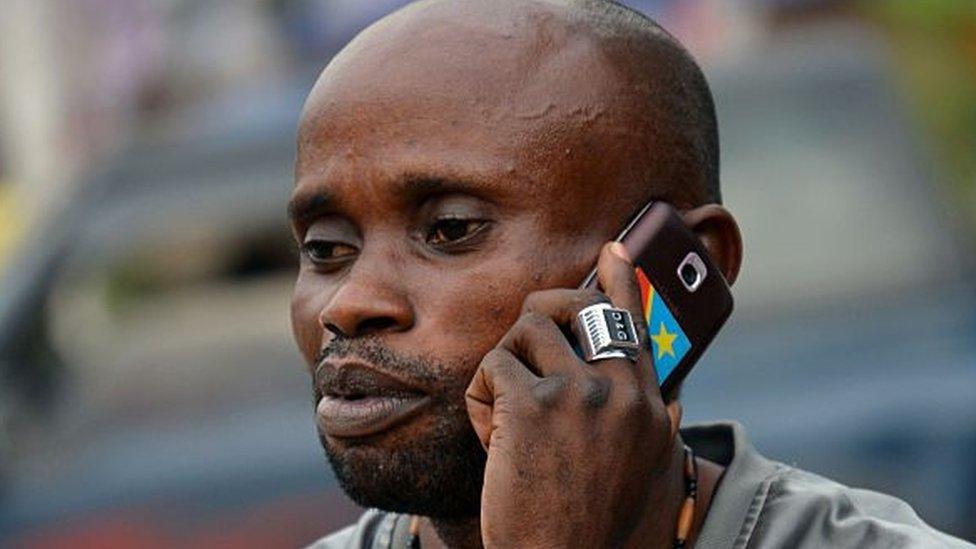
- Published28 December 2018
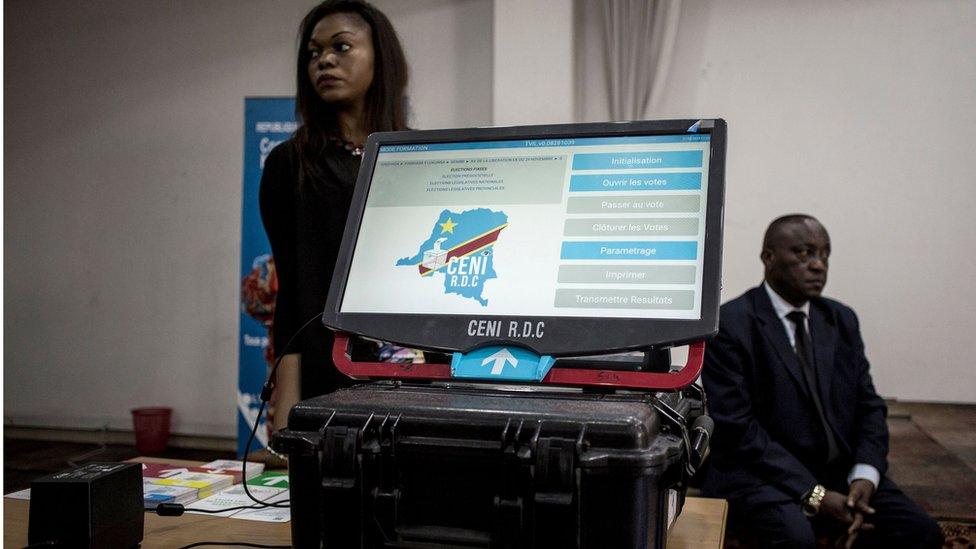
- Published24 January 2019
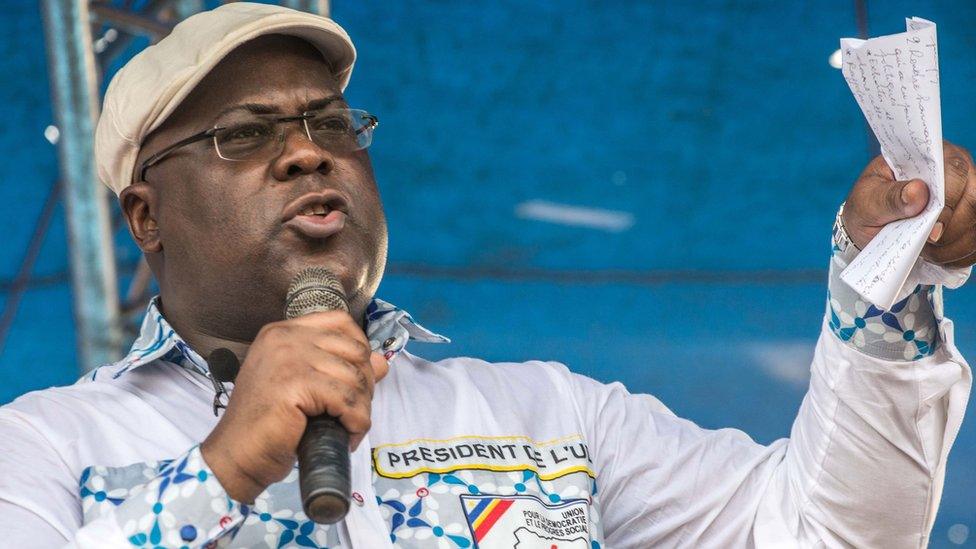
- Published18 December 2018
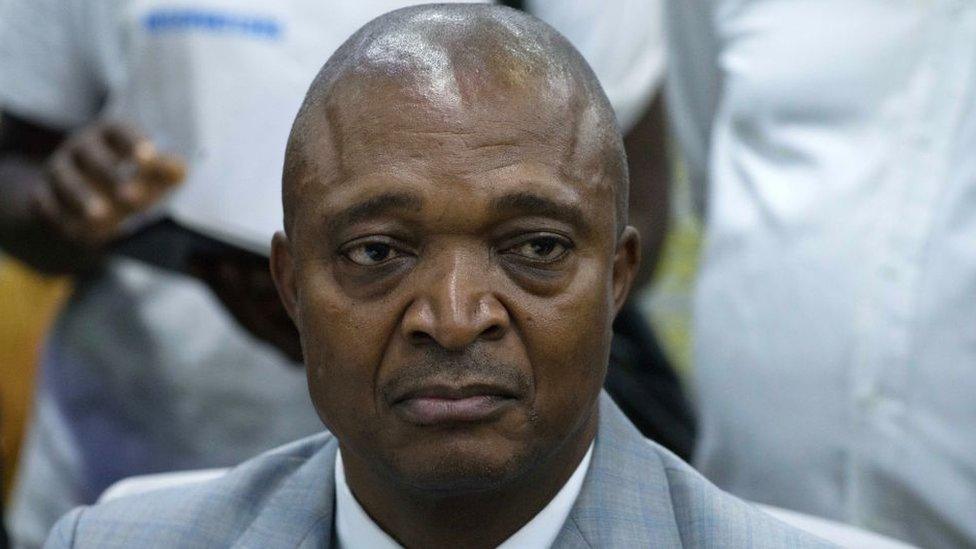
- Published19 December 2018
